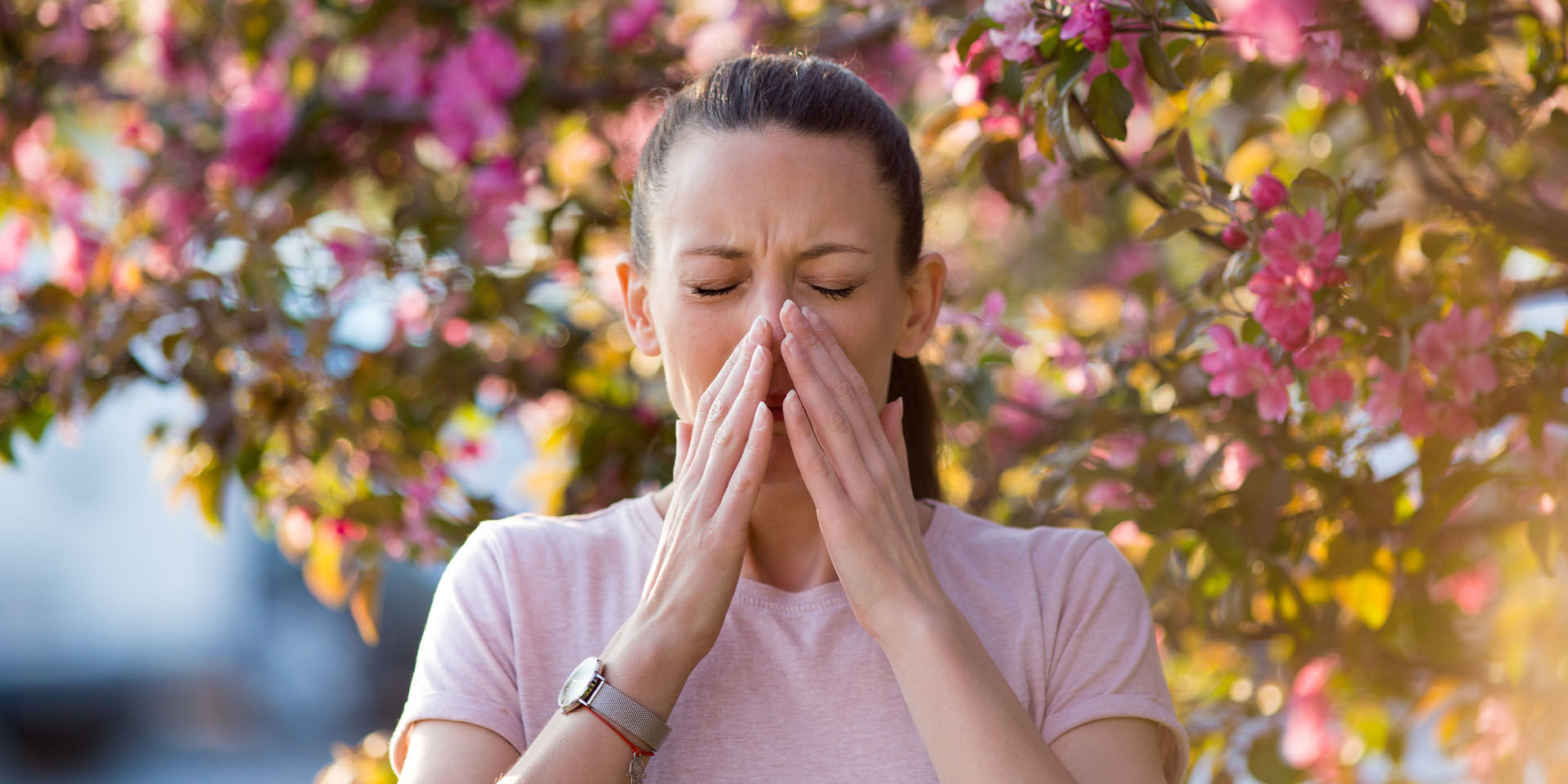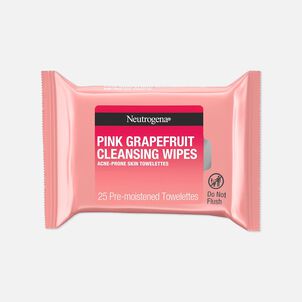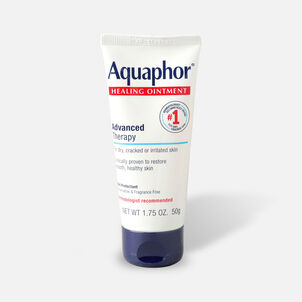There’s a lot to love about spring: blooming flowers, chirping birds, a general sense of rejuvenation, the fact that it’s finally iced latte weather. But if you’re one of the over 60 million people in the U.S. who suffer from symptoms of seasonal allergies (also called hay fever or allergic rhinitis), spring might be full of nasal congestion, sneezing, and itchy, watery eyes rather than warm, sunlit nature walks.
Allergies are uncomfortable enough, but sometimes it seems like they can last forever. If that’s happening, there’s a chance your allergies might have actually turned into a sinus infection.

Allergies: A Quick Refresher
We recently covered some allergy basics: when allergens (or a substance like dust, pollen, or really anything) come into contact with the body, it causes a direct immune response. Our bodies have a natural ability to produce antibodies to ward off foreign substances and fight infections, but when an allergen is introduced to the immune system, the antibodies recognize it as a potential threat, even when it’s actually harmless. This triggers an immune system response that can become a sinus, digestive system, skin, or respiratory issue.
Allergy symptoms include:
- Watery, itchy eyes
- Stuffy nose
- Sneezing
- Runny nose
- Wheezing
Sinus Infections: A Quick Breakdown (according to the Asthma and Allergy Foundation of America)
A sinus infection occurs when the sinuses get infected or inflamed, as explained by the Asthma and Allergy Foundation of America. Most cases of sinusitis are caused by infection with a virus. Colds, bacterial infections, allergies, and asthma can also cause sinus infections. Nasal polyps, or soft, painless, noncancerous growths on the lining of the nasal passages or sinuses, as defined by The Mayo Clinic, can also cause a sinus infection.
How do you know if you have a sinus infection? Symptoms may include:
- Nasal obstruction or congestion
- Postnasal drip (thick white, yellow, or greenish discharge from the nose down the back of the throat)
- Tenderness/swelling around the eyes, cheeks, nose, and forehead
- Reduced sense of smell and taste
- Sore throat
The Asthma and Allergy Foundation of America goes on to explain that there are two types of sinusitis: acute and chronic. Acute sinusitis is a temporary inflammation of the sinuses, meaning that the mucous membranes of the nose, sinuses, and throat swell, which then blocks the sinus openings. All of this prevents the normal mucus drainage, so now mucus and pressure have built up.
Chronic sinusitis is, you might have guessed, chronic. When you have more or worse symptoms, that’s chronic sinusitis, which is basically persistent sinus inflammation that’s caused by blocked sinuses. If you’ve had more than 3 sinus infections in a year, or you’ve had symptoms for more than 12 weeks, you might have chronic sinusitis.
Allergies vs. Sinus Infections
If you suffer from allergies and have had a sinus infection, you’ve noticed that some of the symptoms, like a runny nose, congestion, sinus pain and pressure, and sneezing, overlap. According to Medical News Today, allergies occur when the immune system overreacts to irritants and allergens, whereas a sinus infection, or sinusitis, is most likely bacterial or viral.
The Iowa Clinic has an excellent graphic that does some additional comparing of sinus and allergy symptoms. According to the clinic, if your mucus is thick and yellow or green, you have a sinus infection on your hands (actually, head). Allergies just make your nose run, so your mucus will be thin, runny, and clear.
So, how do I treat it?
For allergies or perennial allergies, we laid out a lot of treatment options here, like oral antihistamines (think Claritin, Zyrtec, and Allegra), nasal irrigation, and nasal sprays.
Some sinus infection treatments overlap with allergy treatments. Over-the-counter nasal sprays can help clear out nasal congestion, as can nasal irrigation like neti pots and humidifiers. Sinus compresses can also help reduce swelling.
Ibuprofen and acetaminophen can help relieve sinus pressure and headaches. Decongestants can also provide sweet relief. And, of course, if you suspect you have a sinus infection, call your doctor. They might prescribe antibiotics if the infection is bacterial or a prescription nasal spray to reduce swelling and help mucus drain. In a severe case, a patient might need sinus surgery. But often enough, viral sinus infections go away on their own.
Whether you have allergies, a sinus infection, or your allergies turned into a sinus infection, we feel your pain. We know how unpleasant this can be, so we’re sending all the well wishes and get-better-soons your way! And if words aren’t enough, these allergy and sinus treatments might be.
















